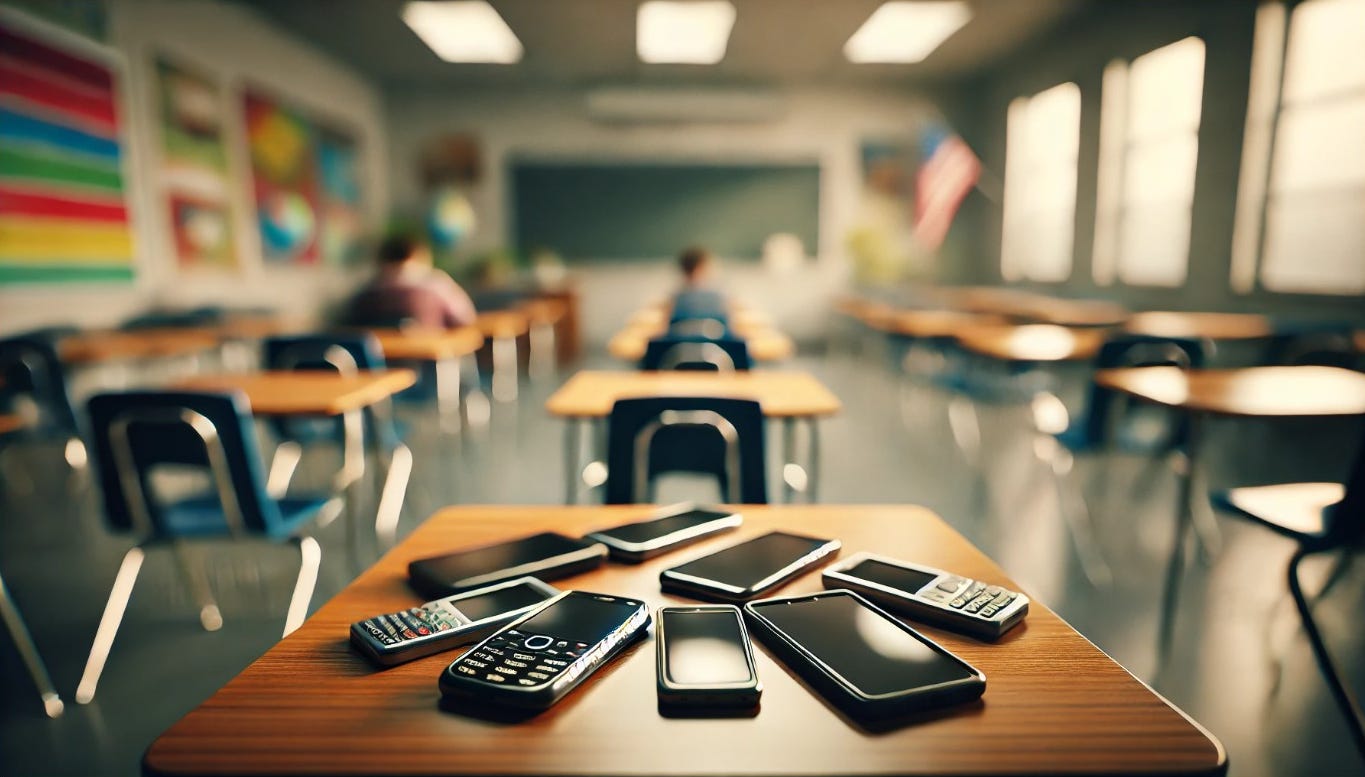Wake County School Board Weighs New Cell Phone Policy for Classrooms
The session introduced a district-wide initiative to refine the use of personal devices in classrooms alongside a broader educational technology strategy.
Raleigh, NC, Jan. 7, 2025—The Wake County School Board is examining cell phones' impact on education as they become even more integral to daily life. During its first work session of the year, the board tackled balancing technology's benefits with the need for focused learning environments. The discussion marks the start of an effort to craft a revised cell phone policy that will take effect in the 2025-26 school year.
Revisiting Technology in Education
The session introduced a district-wide initiative to refine the use of personal devices in classrooms alongside a broader educational technology strategy. According to the framing presented, the initiative aims to ensure that “focused attention is essential for effective learning” and to address how cell phones might interfere with student success.
The discussion acknowledged how the pandemic accelerated technology integration in schools. Many students are accustomed to using personal devices for both learning and communication. While this shift is valuable in some respects, it has also created new challenges in managing distractions during instructional time.
Pros and Cons of Cell Phone Use
Participants in the session highlighted the advantages and drawbacks of cell phones in schools. While devices can serve as tools for specific instructional activities and provide parents with an essential line of communication during emergencies, they can distract students and disrupt lessons. Many schools in Wake County already have informal practices, such as requiring phones to be stored during class, but no consistent district-wide policy exists.
One key point raised was the variability in how schools currently handle cell phones. Some schools force stricter “bell-to-bell” no-phone rules, while others allow limited use during non-instructional times, such as lunch or passing periods. The initiative's central goal is to create a consistent policy that minimizes disruptions while allowing appropriate flexibility.
Collaborative Effort and Stakeholder Input
The policy development process will involve extensive stakeholder engagement, including input from school leaders, teachers, families, and students. During the session, participants emphasized the importance of gathering diverse perspectives to shape a policy that balances enforcement challenges with the realities of classroom dynamics.
A collaborative partnership with the Research Triangle Institute (RTI) was highlighted as part of the effort to gather data and conduct focus groups. As part of the framing discussion, participants noted, “Schools are doing this work right now. They’re doing it in ways that are somewhat common, but there’s also variability,” underscoring the need for a more unified approach.
Timeline and Next Steps
The board plans to finalize and implement the revised cell phone policy for the 2025-26 school year. Another related initiative, a long-term educational technology strategy, will take longer to roll out, with implementation targeted for 2026-27.
Participants acknowledged that any policy must address enforcement challenges, ensuring it does not overburden teachers or lead to excessive disciplinary actions. They also emphasized the importance of regularly revisiting and updating the policy to adapt to changes in technology and educational needs.
The board will continue discussions in March and April, focusing on gathering additional feedback and reviewing similar policies in other districts. As the initiative progresses, community input will remain central to developing a policy fostering student learning and well-being.

